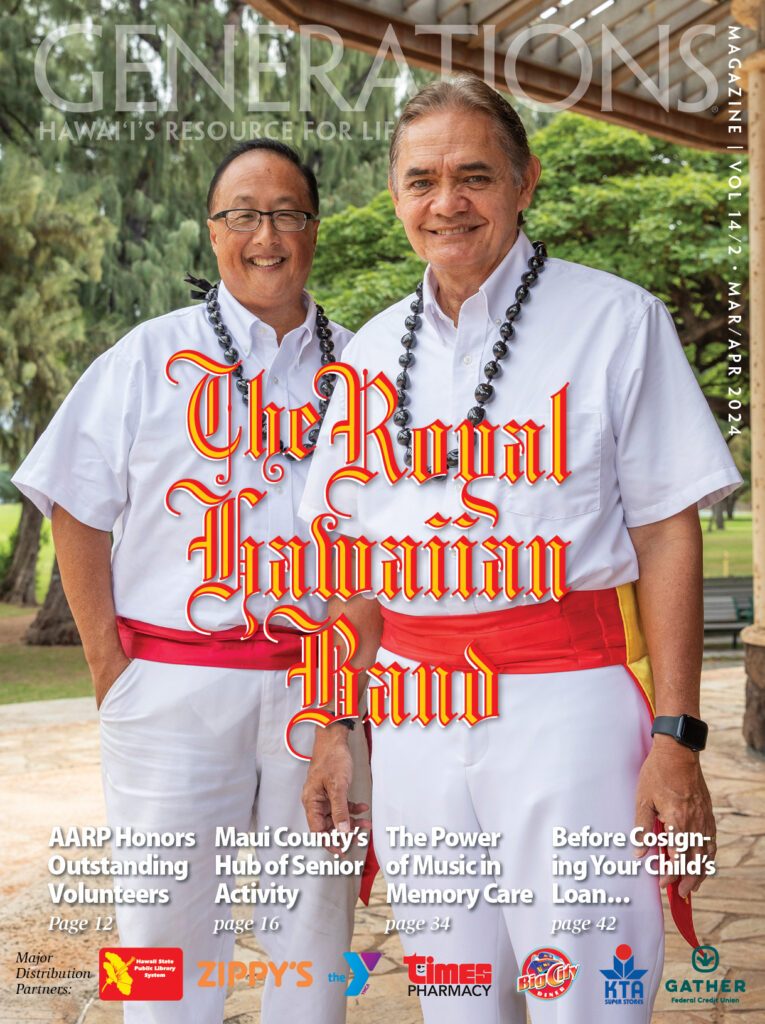by Margaret A. Perkinson, PhD, Center on Aging Director, UH-Mānoa
Aging brings its own set of commonly experienced adversities: changes in health, declining ability to conduct everyday tasks, possible relocation to residential care, and illnesses and deaths of beloved family members and friends. Some people adapt to these changes, take things in stride and continue to flourish, while others do not. What enables some people to “bounce back” from difficult situations? What are their sources of strength? Can everyone develop this kind of resilience?
Resilience, the ability to adapt after experiencing stressful situations or negative life events, is possible at any age. A recent study of older adults from the Netherlands with serious health conditions identified important sources of strength that enabled them to adapt. The following are various characteristics, coping strategies, relationships and contexts that support their adaptations. They may help you develop resilience in the face of your own challenges.
Individual qualities: Believe in your own ability and competence. Recognize and value the qualities or characteristics that help you to adapt. Accept your limitations and be aware of your vulnerabilities.
Make an effort to control what you can. Actively prepare for possible losses and take action to influence their outcomes. Master your situation to the extent you can by practicing necessary skills, such as exercise. Be open to accepting help and support.
Set aside time to reflect upon current relationships, activities, goals and beliefs. Accept the positive and the negative. Avoid taking on the victim role by making illness or adversity the center of your identity. Focus on what you can do, not on what you cannot. Take one day at a time. Live in the present; don’t dwell on the past.
Interpersonal relationships: Develop empowering relationships. Interact and cooperate with family members and health professionals to achieve goals without being overly demanding. Consider the power of giving; engage in meaningful acts of mutual support and responsibility for others. Encourage positive relationships.
Broader social and political factors: Your community’s resources and characteristics can contribute to resilience. Advocate for accessible healthcare, social supports and age-friendly policies.
You may go through stages in developing resilience. You may doubt your ability to cope, but you can develop it. By actively cultivating resilience, you can influence the impact of stresses and enable your continued personal development and quality of life.
CENTER ON AGING — University of Hawai‘i at Mānoa
2430 Campus Road, Gartley Hall, 201B, Honolulu HI 96822
808-956-6124 | map3@hawaii.edu | www.hawaii.edu/aging/

